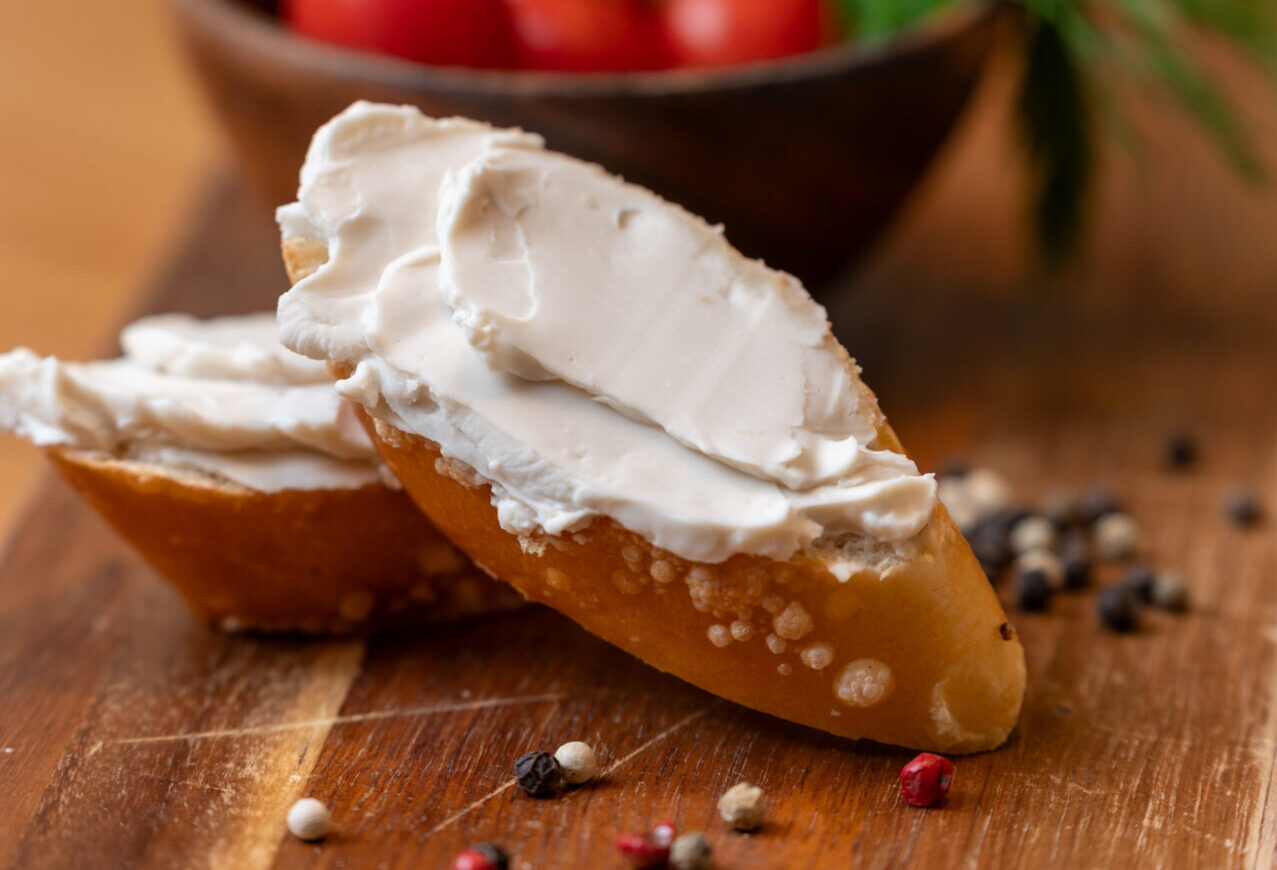Yeap’s Innovative Yeast Protein Set to Disrupt Food Industry
Disclosure: AgFunderNews’ parent company, AgFunder, is an investor in Yeap.
Introduction of Upcycled Yeast Protein
Israeli startup Yeap is poised to launch its pioneering products containing protein derived from upcycled yeast by the end of this year. The company is also focused on a secondary product utilizing the fibrous leftover materials post-protein extraction, aimed at generating an additional revenue stream.
Company Background
Founded in 2020 by Jonathan Goshen, Didier Toubia, and Dominik Grabinski, and supported by investment from fermentation giant Lesaffre, Yeap has developed a sustainable approach to protein production. “Our yeast protein doesn’t require extensive agricultural land, is resilient to climate extremes, and boasts unlimited production potential,” explained Goshen.
Protein Production Process
The protein, with a neutral taste and a PDCAAS score of 0.95—close to that of animal protein—is created from upcycled yeast that would typically be discarded or used as animal feed. “We convert it into a functional concentrated protein [70%+ protein] using a patent-pending process of extraction, concentration, and drying, which is registered on ingredient lists as ‘yeast protein,’” Goshen elaborated.
Secondary Product Development
Beyond their primary protein offering, Yeap is developing a second product targeting the nutrition and health markets. Made from the residual material after protein extraction, this product is intended for various applications, including health supplements like powders, gummies, and capsules, as well as functional foods and beverages positioned for immune health.
“This mixture includes fibers like beta glucans and other proteins that we don’t extract for our core product. During extraction, we enhance their bioavailability, making them more user-friendly for products like healthy sodas,” Goshen added.
Applications in Food Products
Yeap’s yeast protein exhibits emulsifying properties, enabling formulators to replace eggs and reduce the need for additives in various applications. “In alternative dairy products, our protein allows for higher inclusion rates without compromising the cheese structure, a critical need as many plant-based cheeses currently have minimal protein content,” Goshen noted.
Yeap’s yeast protein can facilitate protein fortification in diverse food items, including cookies, crackers, and pasta—providing up to 25% protein content in certain cases.
Regulatory Strategy
From a regulatory standpoint, Yeap has conducted extensive tests with Intertek, asserting that their yeast protein will not be classified as a novel food in areas like the EU, easing both regulatory and investment challenges. In the US, they are progressing through the self-affirmed GRAS (Generally Recognized As Safe) process before completing the FDA-GRAS submission.
Goshen explains Yeap’s control over the sourcing of spent yeast, ensuring the protein extracted is specific to their needs, despite the diverse streams tested.
IP and Manufacturing Considerations
Yeap is fortifying its intellectual property with several patents related to its raw materials, processes, and product applications. The manufacturing setup, while proprietary, mainly relies on existing equipment, making the capital investment minimal for partners.
Market Interest and Customer Engagement
Yeap has attracted considerable market interest, with multiple customer engagements at various stages, including signed long-term purchase orders from ingredient distributors and food manufacturers. The primary interest lies in alternative dairy, followed by condiments and baked goods.
Goshen concluded, “Our yeast protein not only enhances protein levels without sacrificing quality but also creates a true circular economy by turning waste into a high-margin food-grade ingredient.”

This structured article maintains the original content’s integrity while ensuring it is unique and formatted for seamless integration into WordPress.



